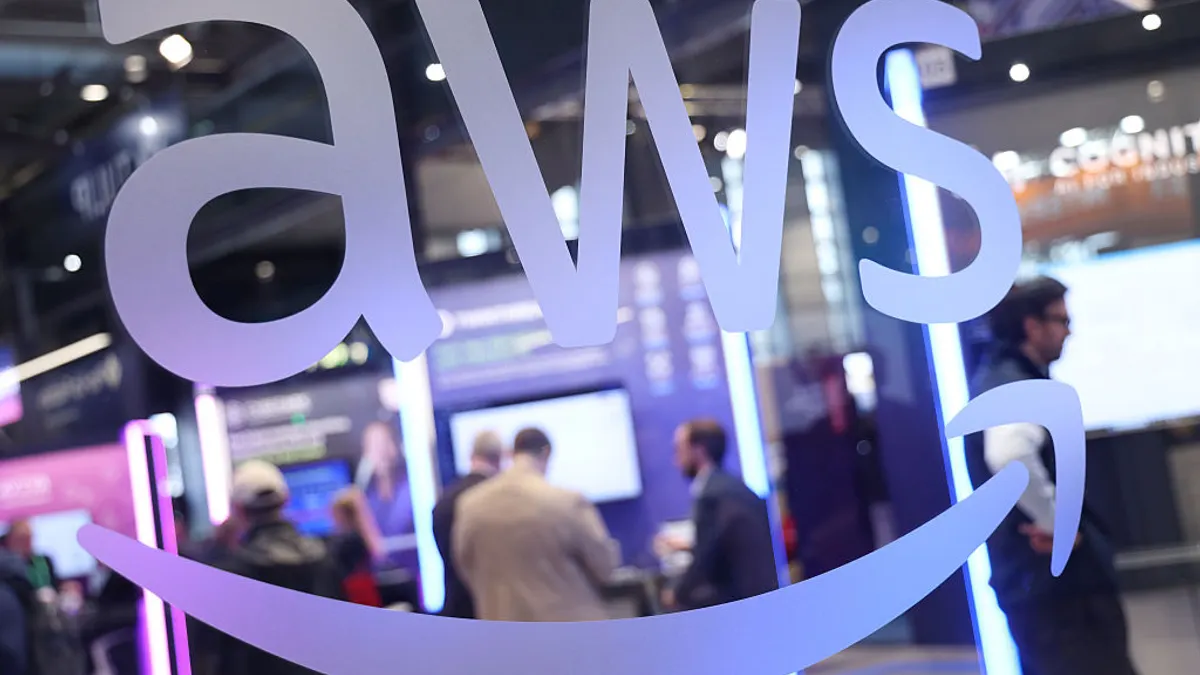Dive Brief:
- AI use is increasing, but IT leaders have regrets about investments and experimentation, according to an Asana survey published Tuesday. The software provider's research arm surveyed more than 550 technology decision-makers.
- More than half of IT leaders surveyed regret implementing AI without training employees. Nearly 30% of respondents said they invested in AI too quickly, up 7% from last year’s survey. Moreover, 62% said they regret not experimenting enough, although that’s down 10% from last year.
- For IT leaders who invested in AI last year, more than one-third are now pulling back or replacing AI-powered tools and services with “better alternatives,” according to the survey.
Dive Insight:
Most enterprises are still working to hit their stride when it comes to implementing AI successfully as the yearslong deluge of tools and services continues. But blind enthusiasm has waned.
“The 2024 rush to deploy AI has given rise to a sobering reality,” Asana said in the report. “Promise has been buried under a pile of pilots, proof-of-concepts and half-baked strategies.”
CIOs often feel unable to move generative AI projects into production due to several factors, including data dilemmas, infrastructure gaps, talent woes, cost challenges and security concerns.
As the uphill battle comes into clearer view, enterprise AI project failures have risen. More than 40% of companies admitted to abandoning most of their AI initiatives this year, compared with just 17% that said the same in 2024, according to analysis from S&P Global Market Intelligence.
Some enterprises have found success by distilling priority projects and narrowing AI pursuits as the pressure to deliver results mounts.
The majority of organizations with scaled AI projects report productivity improvements, higher-quality work and better decision-making, according to Asana’s survey. Early adopters, like General Mills and Charles Schwab, have also pointed to cost savings as a key benefit.















